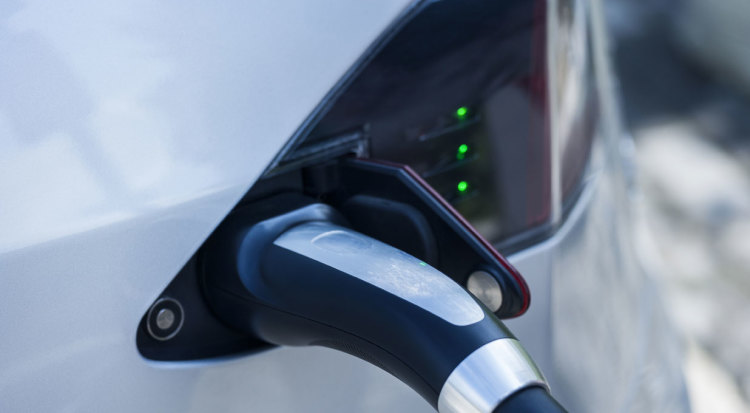Tesla’s first quarter revenue fell 9% to $21.3bn. That reflected lower vehicle production and deliveries, as Red Sea disruption and weaker demand for electric vehicles weighed on performance. Average selling prices also fell.
Quarterly operating profit fell 56% to $1.2bn. The group increased its capital expenditure 34% to $2.8bn, as it continues to invest in growth for the future, including AI capabilities. Tesla is undergoing broader cost saving efforts, including a reduction in headcount. There was a free cash outflow of $2.5bn in the period.
Tesla expects volume growth to be “notably” lower this year, as new vehicle launches take priority. The group is speeding up its planned product launches, which may affect cost savings, but boost long-term efficiency.
The shares rose 10.1% in pre-market trading.
Our view
Tesla’s delivered a dose of optimism in its latest results. The market is pleased with plans to accelerate the delivery of its affordable models – we are too. But this diversion from plan A speaks to a wider challenge.
Global demand for EVs is waning. This partly stems from the tougher economic conditions consumers are facing, and as such this could improve when things get easier. But the fierce competition from rivals like BYD in China, means we think Tesla’s prices could remain squashed.
Traditional car makers are throwing billions at producing their own electric vehicles too. Tracking the strength of Tesla's demand is important because Tesla's Gigafactories are expensive to ramp up, but once their costs have been covered, a greater proportion of each car sold drops through to profits. When volumes drop, the opposite becomes true.
Credit where it’s due, Tesla has carved out an incredible position in the market and its brand power remains potent. Software is a potential outlet for extra growth - the group's self-driving technology is already delivered to existing vehicles through wireless updates. This lends itself well to software subscription programmes, which would help pad profits and squeeze more out of cars already sold.
Another potential avenue is insurance. It's still early days but Tesla is already seeing green shoots. Driver data is used to set premiums. This creates an instant feedback loop, ultimately encouraging safer driving. Tesla is responsible for fewer accident costs and customers save money.
Tesla bulls are of the mind that it doesn't matter if initial margins achieved on cars are low, because these types of extras mean the potential revenue per vehicle in the long run far surpasses the initial selling cost. We happen to like this as a theory but would like some hardened proof of the adoption of these services at scale. The extensive levels of net cash sitting on the balance sheet mean the group can stomach ups and downs, but investors will want to see profit progress sooner rather than later.
Concerns also involve governance risk. Musk is famously unconventional, as great innovators often are. But this has now landed him in trouble. He's faced court on fraud charges because of old tweets. Tesla investors need to be aware there could be further ups and downs in their investment caused by Musk's behaviour.
There’s no denying Tesla has an incredible product and is a revolutionary force in the vehicle industry. But the near-term demand outlook seems very tough to map, and that increases risk in what is already a fairly choppy stock. For those prepared to take a bit more risk, Tesla could offer opportunity over the longer-term, but this isn’t guaranteed.
Environmental, social and governance (ESG) risk
Most of the auto industry falls into the medium-risk category in terms of ESG. Product governance, particularly around safety, and carbon emissions from products and services are key risk drivers. Business ethics, labour relations and direct carbon emissions are also contributors to ESG risk.
According to Sustainalytics, Tesla's management of ESG risks is average. It is recognised as working towards lowering carbon emissions by reducing the prevalence of traditional car engines. However, its product governance and human capital management are deemed problematic. Issues include safety concerns around its autopilot technology and the management of its workforce. Governance concerns also include Elon Musk's past tweets which impacted Tesla's share price.
Tesla key facts
This article is not advice or a recommendation to buy, sell or hold any investment.No view is given on the present or future value or price of any investment, and investors should form their own view on any proposed investment.This article has not been prepared in accordance with legal requirements designed to promote the independence of investment research and is considered a marketing communication.Non - independent research is not subject to FCA rules prohibiting dealing ahead of research, however HL has put controls in place(including dealing restrictions, physical and information barriers) to manage potential conflicts of interest presented by such dealing.Please see our full non - independent research disclosure for more information.








